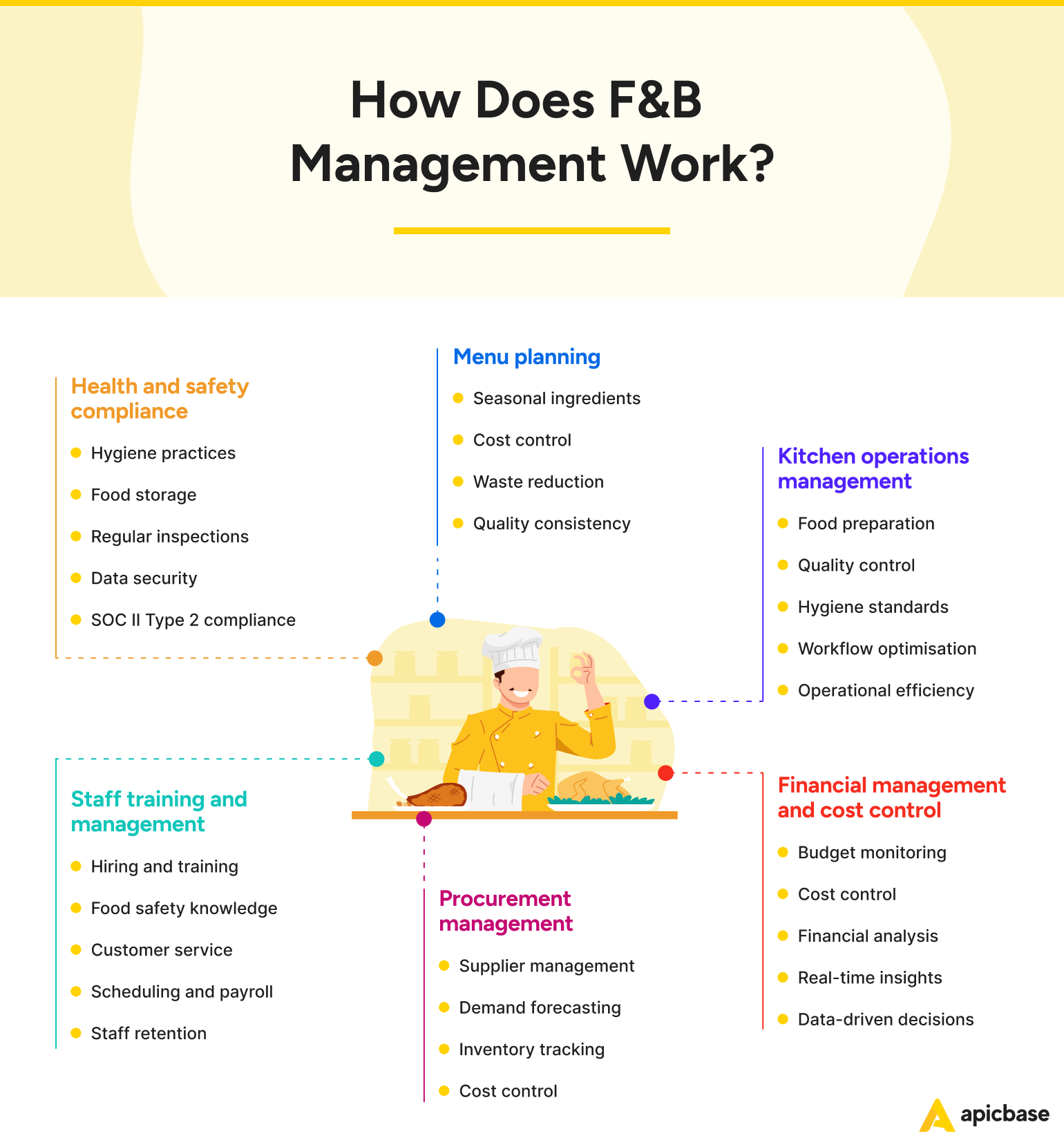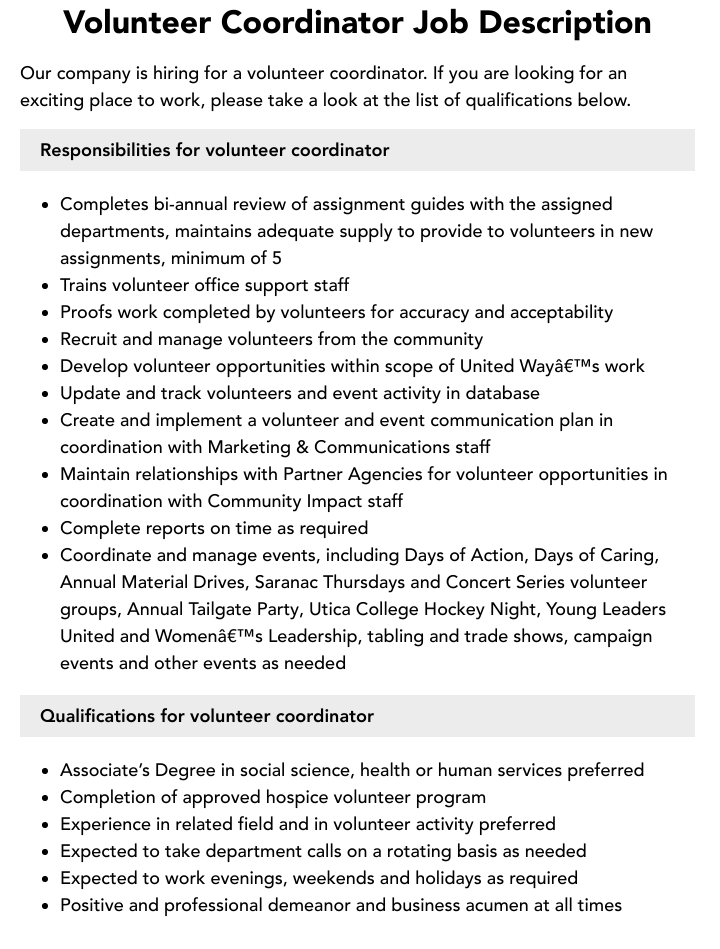
A city clerk is responsible for maintaining city records, including ordinances, resolutions, and minutes of meetings. They also issue licenses and permits, collect fees, and provide information to the public. City clerks are elected officials who serve as the chief administrative officer for the city.
The job description for a city clerk typically includes the following duties and responsibilities:
- Maintain city records, including ordinances, resolutions, and minutes of meetings
- Prepare and distribute agendas for city council meetings
- Attend city council meetings and record the proceedings
- Issue licenses and permits, and collect fees
- Provide information to the public about city government
- Oversee the city’s elections
- Serve as the city’s chief administrative officer
City clerks play an important role in the functioning of city government. They are responsible for ensuring that the city’s records are accurate and up-to-date, and that the city’s business is conducted in an orderly and efficient manner.
1. Record Keeping
Record keeping is a fundamental aspect of a city clerk’s job description. Accurate and up-to-date city records are essential for the efficient operation of the city government and the well-being of the community.
- Legal Compliance: City records provide a legal record of the city’s actions and decisions. They are used to ensure that the city is complying with all applicable laws and regulations.
- Transparency and Accountability: City records are open to the public, providing transparency and accountability in the city’s operations. Residents can access these records to learn about the city’s activities and hold their elected officials accountable.
- Historical Documentation: City records serve as a historical documentation of the city’s development and progress. They provide valuable insights into the city’s past and can be used to inform future planning and decision-making.
- Administrative Efficiency: Accurate and up-to-date city records streamline administrative processes and improve efficiency. They allow city staff to quickly and easily access the information they need to perform their jobs.
Overall, record keeping is a critical component of a city clerk’s job description. It ensures the smooth functioning of the city government, promotes transparency and accountability, preserves the city’s history, and enhances administrative efficiency.
2. Administrative Support
Administrative support is a vital component of a city clerk’s job description. City clerks play a crucial role in ensuring the smooth functioning of city council meetings and the efficient operation of the city government.
- Agenda Preparation: City clerks are responsible for preparing agendas for city council meetings. Agendas outline the items that will be discussed and voted on at the meeting. Careful agenda preparation ensures that meetings are organized and productive.
- Meeting Attendance: City clerks attend city council meetings and record the proceedings. They take minutes of the meeting, which include a summary of the discussions and decisions made. These minutes serve as an official record of the meeting.
- Correspondence and Communication: City clerks handle correspondence and communication on behalf of the city council. They respond to inquiries from residents and other stakeholders, and they communicate the council’s decisions to the public.
- Document Management: City clerks are responsible for managing the city council’s documents. They maintain a filing system for meeting minutes, resolutions, and other important documents. They also ensure that these documents are properly stored and preserved.
Overall, administrative support is a critical aspect of a city clerk’s job description. City clerks play a key role in supporting the city council and ensuring the efficient operation of the city government.
3. Licensing and Permitting
Licensing and permitting is a critical component of a city clerk’s job description. City clerks are responsible for issuing licenses and permits for a wide range of activities, including business operations, construction projects, and special events. The fees collected from these licenses and permits generate revenue for the city, which is used to fund essential public services such as infrastructure maintenance, public safety, and education.
The licensing and permitting process also serves to regulate activities within the city and ensure compliance with local ordinances and regulations. By issuing licenses and permits, the city can control the location, operation, and safety of various activities, protecting the health, safety, and well-being of the community.
For example, a city clerk may issue a permit for a construction project to ensure that the project meets building codes and safety standards. They may also issue a license to a business to operate within the city, ensuring that the business complies with zoning regulations and other applicable laws.
Overall, licensing and permitting is an important revenue source for the city and a critical component of a city clerk’s job description. It allows the city to regulate activities within its jurisdiction, ensure compliance with local ordinances, and generate revenue to fund essential public services.
4. Public Information
Providing public information is an essential component of a city clerk’s job description. City clerks serve as a vital link between the city government and its residents, ensuring that the public has access to accurate and up-to-date information about city affairs. This transparency and accessibility are crucial for fostering trust and engagement between the government and the community.
City clerks typically fulfill this responsibility through a variety of channels, such as maintaining a city website, publishing newsletters and annual reports, and responding to inquiries from residents. They may also organize public meetings and workshops to provide information about specific topics or projects.
For example, a city clerk might publish a newsletter that includes information about upcoming council meetings, new city ordinances, and upcoming community events. They might also post meeting agendas and minutes on the city website, allowing residents to stay informed about the decisions being made by their elected officials.
Providing public information is not only a legal obligation for city clerks, but it is also essential for promoting civic engagement and empowering residents to participate in the governance of their community. By ensuring that the public has access to information about city government, city clerks contribute to a more informed and engaged citizenry.
5. Elections
Overseeing elections is a critical component of a city clerk’s job description, as it ensures the integrity and fairness of the electoral process. City clerks are responsible for a wide range of election-related duties, including voter registration, ballot preparation, polling place management, and vote counting. They play a vital role in ensuring that elections are conducted in a manner that is transparent, accurate, and accessible to all eligible voters.
The importance of elections to the city clerk job description cannot be overstated. Elections are the foundation of democratic governance, and they provide citizens with the opportunity to choose their leaders and shape the policies that will govern their community. City clerks play a critical role in ensuring that elections are conducted fairly and efficiently, and that the results accurately reflect the will of the people.
For example, city clerks are responsible for maintaining voter registration lists and ensuring that all eligible voters are able to cast a ballot. They also work with election judges to manage polling places on Election Day and ensure that voting proceeds smoothly. After the polls close, city clerks are responsible for counting the votes and certifying the results. These duties require a high level of accuracy, attention to detail, and commitment to the democratic process.
Overall, the connection between elections and the city clerk job description is essential for ensuring the integrity of the electoral process and the proper functioning of democratic government. City clerks play a vital role in upholding the principles of fair and accessible elections, and their work is essential for maintaining public trust in the electoral system.
Frequently Asked Questions about City Clerk Job Description
This section provides answers to frequently asked questions about the job description of a city clerk. These questions are designed to address common concerns or misconceptions about this important role within city government.
Question 1: What are the primary responsibilities of a city clerk?
A city clerk is responsible for a wide range of duties, including maintaining city records, providing administrative support to the city council, issuing licenses and permits, providing public information, and overseeing elections.
Question 2: What qualifications are typically required to become a city clerk?
Qualifications for city clerk positions vary depending on the specific requirements of each municipality. However, common requirements include a high school diploma or equivalent, experience in public administration or a related field, and strong organizational and communication skills.
Question 3: Is the city clerk an elected or appointed position?
The method of selecting a city clerk varies depending on the municipality’s charter or governing document. In some cities, the city clerk is an elected official, while in others they are appointed by the mayor or city council.
Question 4: What is the importance of the city clerk’s role in maintaining city records?
Accurate and up-to-date city records are essential for the smooth functioning of city government. They provide a legal record of the city’s actions and decisions, ensure transparency and accountability, preserve the city’s history, and enhance administrative efficiency.
Question 5: How does the city clerk contribute to the electoral process?
Overseeing elections is a critical responsibility of the city clerk. They are responsible for voter registration, ballot preparation, polling place management, and vote counting. Their role is essential for ensuring the integrity and fairness of the electoral process.
Question 6: What are the key skills and qualities that make for an effective city clerk?
Effective city clerks possess a combination of hard and soft skills, including strong organizational and communication skills, attention to detail, a deep understanding of municipal government processes, and a commitment to public service.
These are just a few of the frequently asked questions about the job description of a city clerk. By understanding the roles and responsibilities associated with this position, individuals can gain a better appreciation for the importance of city clerks in ensuring the efficient and transparent operation of city government.
Transitioning to the next article section…
Tips for a City Clerk Job Description
A city clerk’s job description encompasses a wide range of responsibilities, requiring a comprehensive understanding of municipal governance and a commitment to public service. Here are some tips to enhance your job description and effectively capture the essence of this important role:
Tip 1: Highlight the Legal and Historical Context
Emphasize the legal framework and historical significance of the city clerk’s position. Explain how the role aligns with state and local laws, and mention the historical evolution of the office within the municipality.
Tip 2: Clearly Define Core Responsibilities
Provide a detailed overview of the city clerk’s core responsibilities, including record keeping, administrative support, licensing and permitting, public information dissemination, and election oversight. Use specific examples to illustrate each duty.
Tip 3: Emphasize the Importance of Record Keeping
Explain the critical importance of accurate and up-to-date city records. Highlight their role in ensuring legal compliance, promoting transparency, preserving historical documentation, and enhancing administrative efficiency.
Tip 4: Showcase the Role in Elections
Describe the city clerk’s pivotal role in overseeing elections. Explain their responsibilities in voter registration, ballot preparation, polling place management, and vote counting. Emphasize the importance of ensuring election integrity and fairness.
Tip 5: Highlight Communication and Interpersonal Skills
Emphasize the importance of strong communication and interpersonal skills for city clerks. Explain how they interact with elected officials, city staff, and the public, and how their communication skills contribute to effective governance.
Tip 6: Use Strong Action Verbs
Use strong action verbs throughout the job description to convey the dynamic and multifaceted nature of the city clerk’s role. This will create a more engaging and informative document.
Tip 7: Proofread Carefully
Before finalizing your job description, proofread it carefully for any errors in grammar, spelling, or punctuation. A well-written and error-free job description reflects the professionalism and attention to detail required for this important position.
Summary of Key Takeaways
By incorporating these tips into your city clerk job description, you can effectively capture the essence of this vital role and attract qualified candidates who are committed to serving the community and upholding the principles of good governance.
Transitioning to the article’s conclusion…



